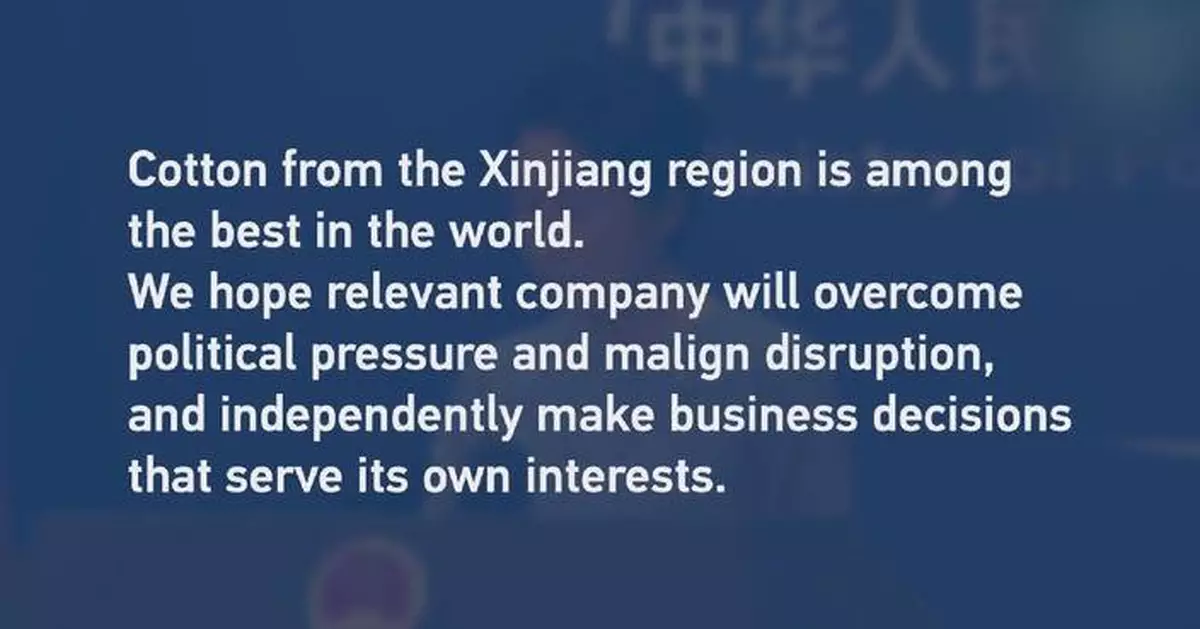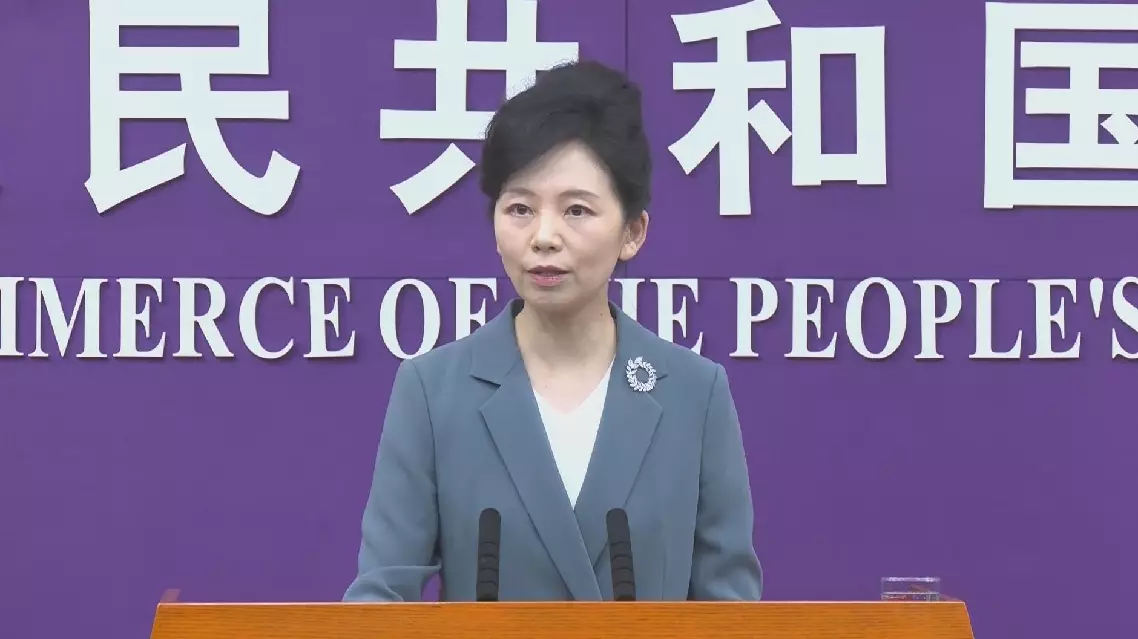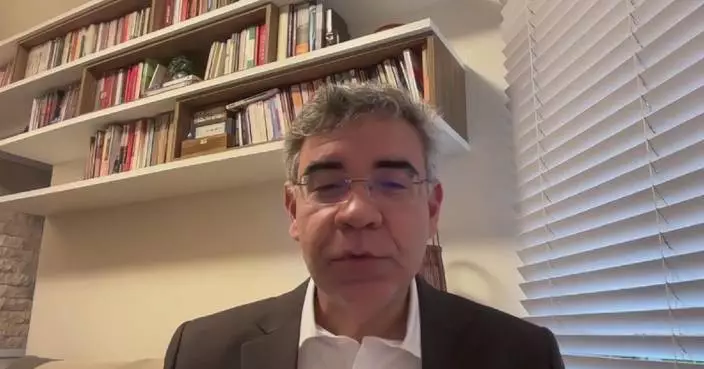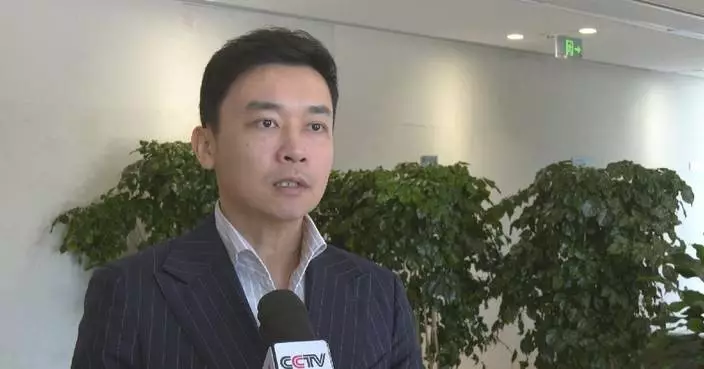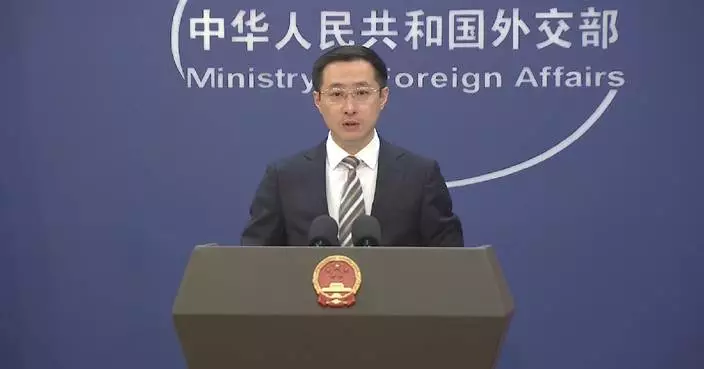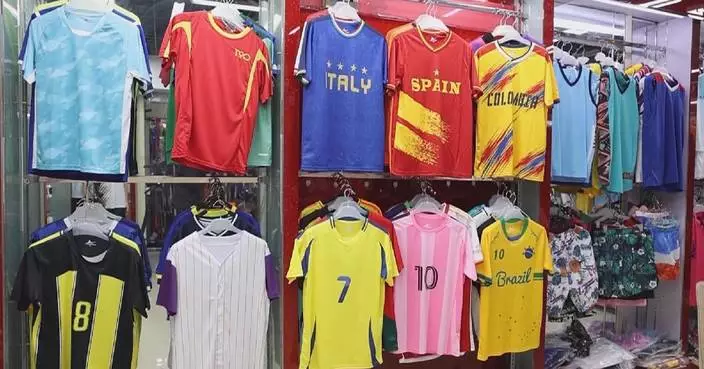Japanese Clothing giant Uniqlo has come under fire in China after the CEO of its parent company, Fast Retailing, said that the brand does not use cotton sourced from China's Xinjiang region.
Tadashi Yanai's remarks in a recent BBC interview have triggered strong public backlash against the brand on Chinese social media, reigniting discussions around the challenges multinational corporations (MNCs) face in navigating global geopolitical tensions.
With over a thousand stores across China, including locations in smaller cities such as Zhangjiakou in north China's Hebei Province, Uniqlo remains a popular choice for shoppers. However, while the stores bustle with activity, the brand is facing a social media storm over its stance on Xinjiang cotton.
In response, Chinese Foreign Ministry spokeswoman Mao Ning said during a regular presser on Friday that cotton from the Xinjiang region is among the best in the world.
She added that China hopes that the relevant company will overcome political pressure and malign disruption, and independently make business decisions that serve its own interests.
Mao's response quickly became a hot topic on Sina Weibo, a leading social media platform in China. Comments applauded the removal of the brand from online platforms, with calls for domestic brands to fill the void left by Uniqlo.
On the streets of China, consumer sentiment echoed the online criticism.
"After hearing this news, I don't like this brand anymore. But maybe I'll still buy their stuff sometimes," said one customer.
"I think as a company that operates in China, to say this kind of stuff means you don’t want to have business here anymore," said another customer.
As of now, Uniqlo has not issued a public response to the backlash.
In the interview, Yanai expressed his vision of expanding Uniqlo to 3,000 stores in China. Whether his comments will affect this ambitious target remains to be seen.
Over the past few years, the Chinese government has consistently refuted allegations of human rights abuses related to cotton production in Xinjiang, saying these accusations are part of a Western conspiracy to undermine China's economic development and interfere in its internal affairs.
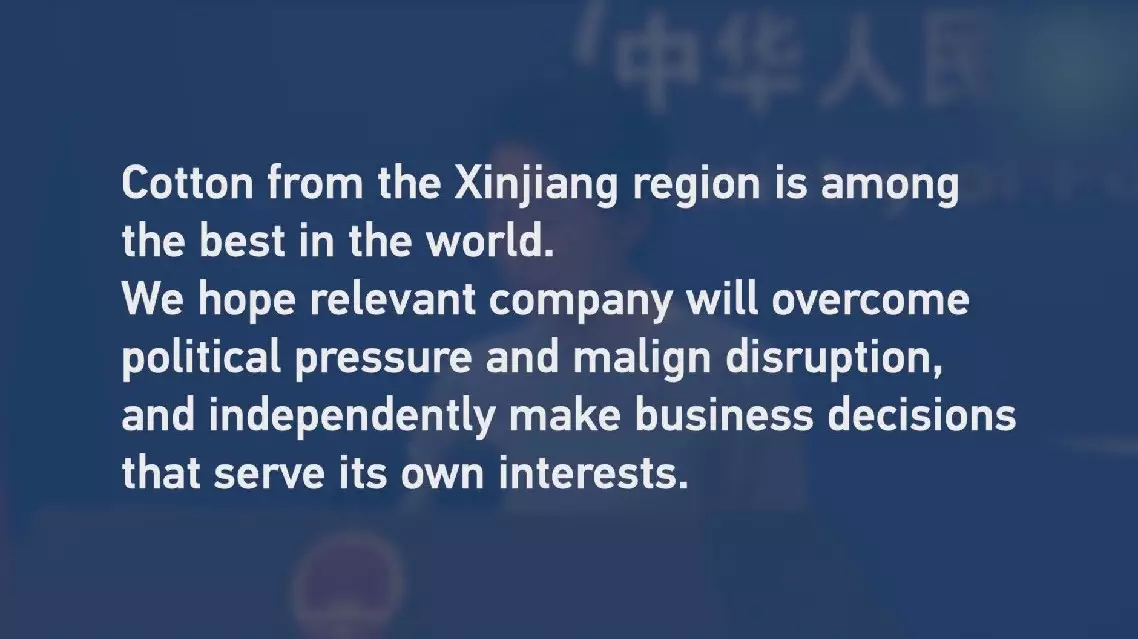
Uniqlo faces backlash in China over Xinjiang cotton comments
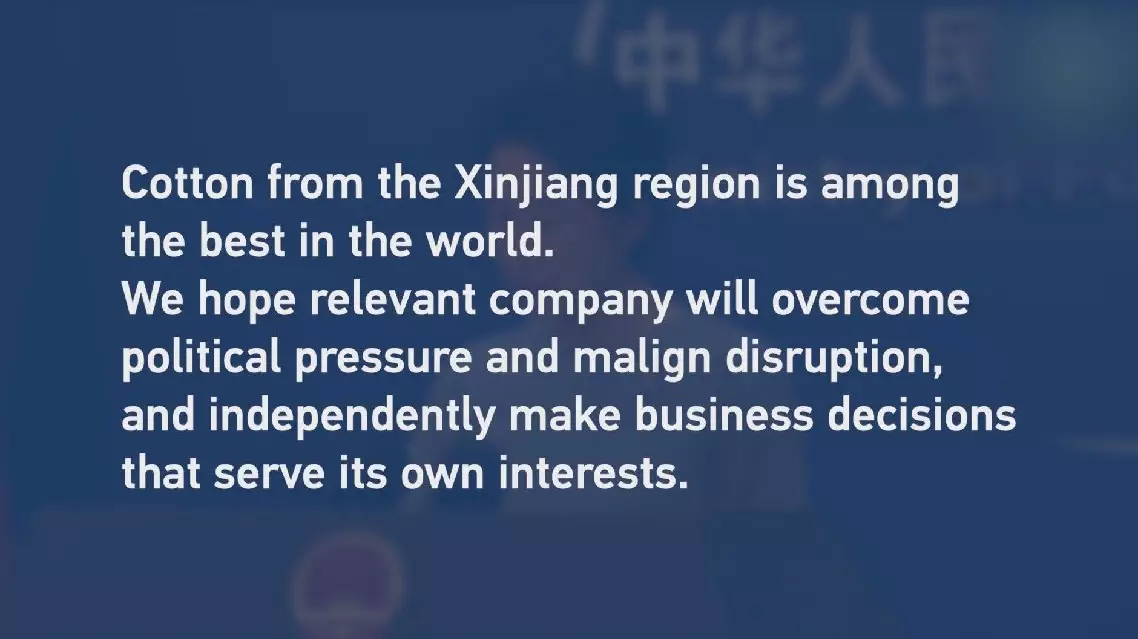
Uniqlo faces backlash in China over Xinjiang cotton comments
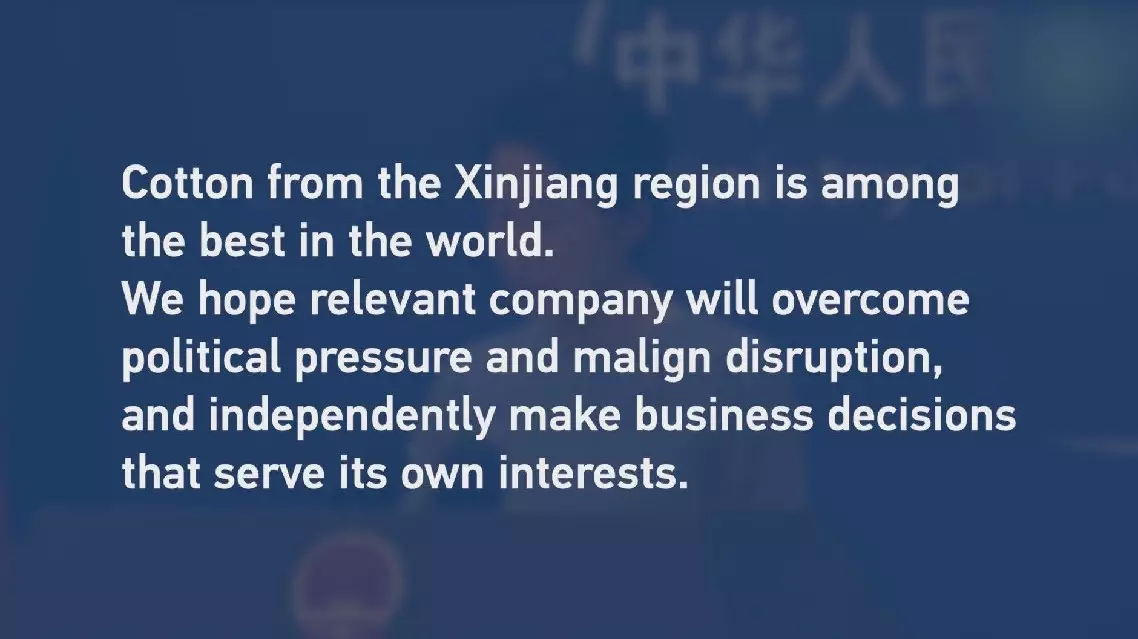
Uniqlo faces backlash in China over Xinjiang cotton comments
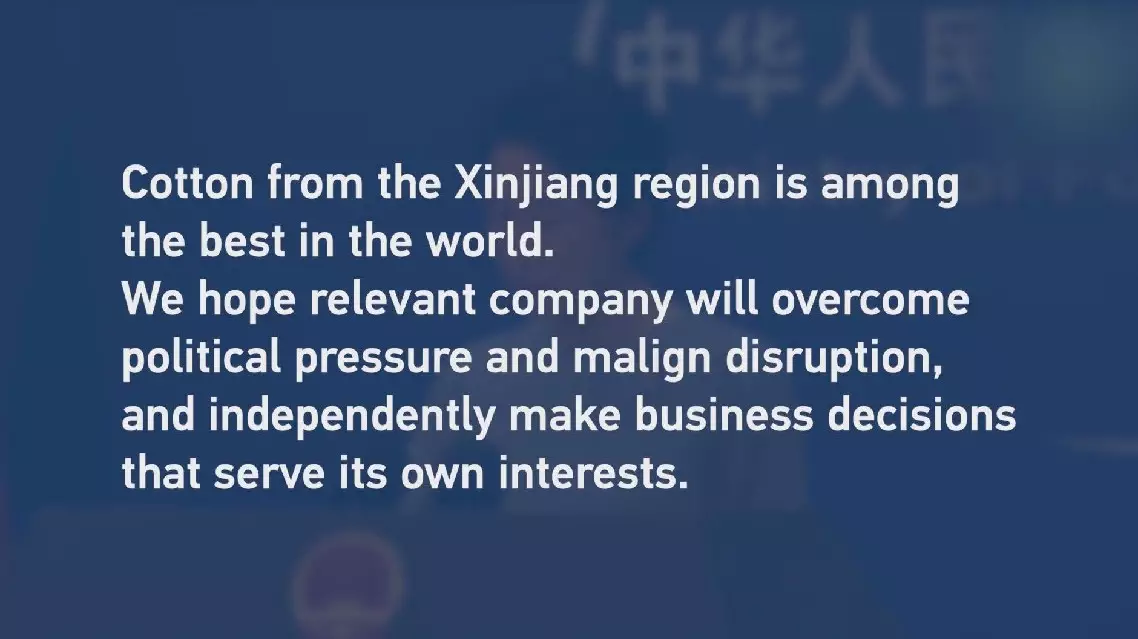
Uniqlo faces backlash in China over Xinjiang cotton comments
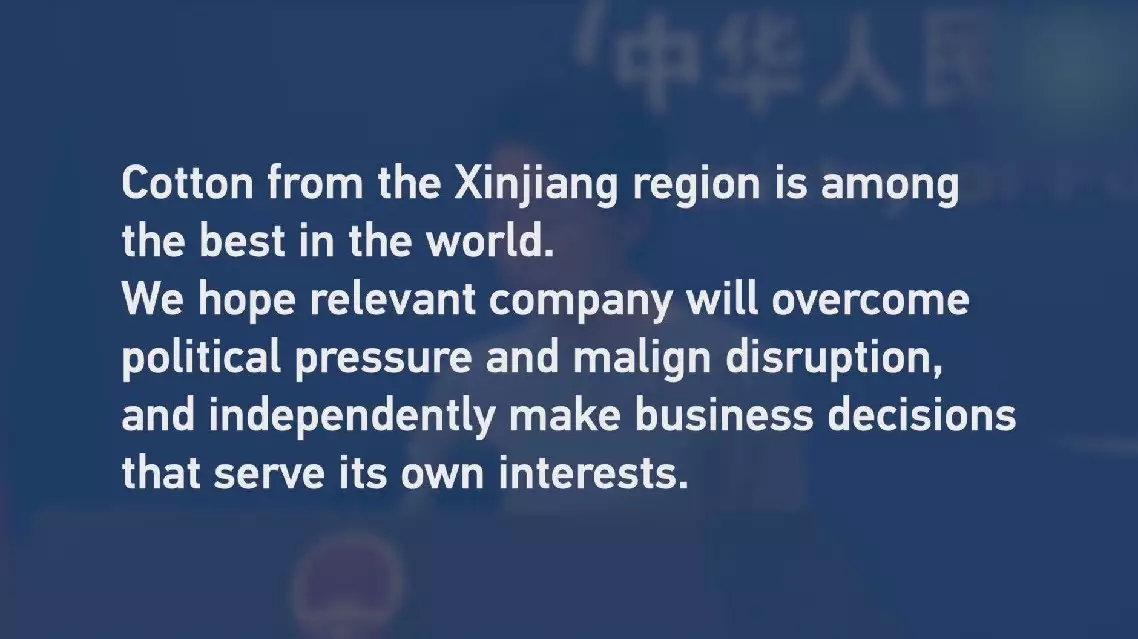
Uniqlo faces backlash in China over Xinjiang cotton comments
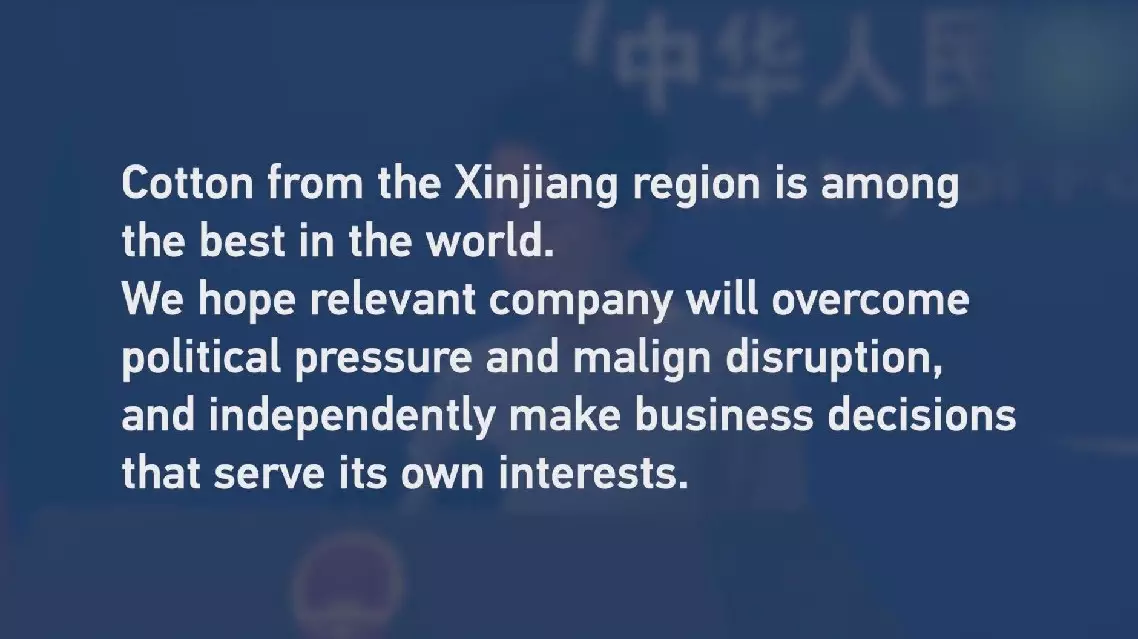
Uniqlo faces backlash in China over Xinjiang cotton comments


